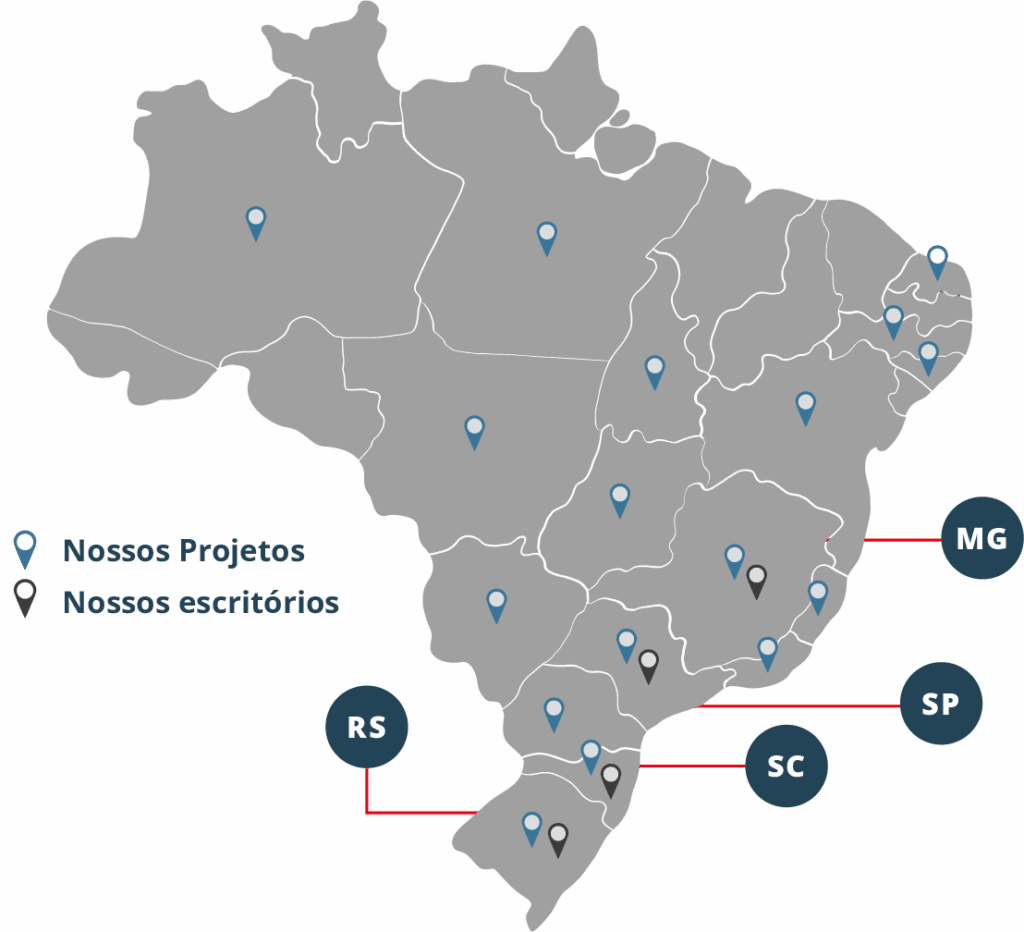When we talk about Project Management, some people tend to think we’re referring to the management of engineering project development, such as architectural, structural, or complementary projects. In reality, a project is understood as anything that results in a product or service, has a defined duration (with a beginning, middle, and end), and involves people.
With this concept, projects take on a much broader meaning. For example: your long-awaited vacation can be a project; an important event, the construction of an engine, an airplane, or a civil construction work—all of these fit perfectly into the definition of a project.
Project Management is essentially the use of various tools and the administration of several areas that directly influence a project, aiming to lead it to success through a management-oriented approach.
Historical Background
We know that projects have existed and been executed since ancient times, such as the Egyptian pyramids and the Great Wall of China. However, there are no records of how these projects were controlled and managed. Over time, especially after the Industrial Revolution in the late 19th century, the need to consolidate Project Management, its processes, and tools became more evident. Several thinkers contributed to the foundation of modern project management, including Henry Gantt (known for the Gantt charts) and Frederick Winslow Taylor.
PMI
By the late 1960s, a group in the United States began discussing best practices in project management. This led to the creation of PMI – Project Management Institute, which now has a global presence, including in Brazil. Its local branches are called Chapters—such as the São Paulo and Rio de Janeiro Chapters.
PMBOK
In 1981, PMI leaders started developing a comprehensive guide compiling tools, knowledge areas, and process groups necessary for effective project outcomes. This resulted in the PMBOK Guide – Project Management Body of Knowledge, which is now in its 6th Edition (released in September 2017). With each edition, the PMBOK is updated in the spirit of continuous improvement. It is one of the most widely sold project management books in the world, attesting to its significance.
PMP
After significant study and hands-on experience in project management, it is possible to earn a professional certification called PMP – Project Management Professional. This credential, issued by PMI, is recognized worldwide. To obtain it, one must pass a challenging exam and prove a minimum of 4,500 hours of project management experience.
This certification is so valued that some companies require it for job candidates, and there are specialized schools offering preparatory courses for the exam.
References:
- Carvalho, M. M.; Rabechini Jr., R. Fundamentals of Project Management: Building Competencies to Manage Projects. 3rd ed. São Paulo: Atlas, 2011.
- ©2013 Project Management Institute. A Guide to the Project Management Body of Knowledge (PMBOK® Guide) – 5th Edition.
- Wikipedia, the free encyclopedia.


